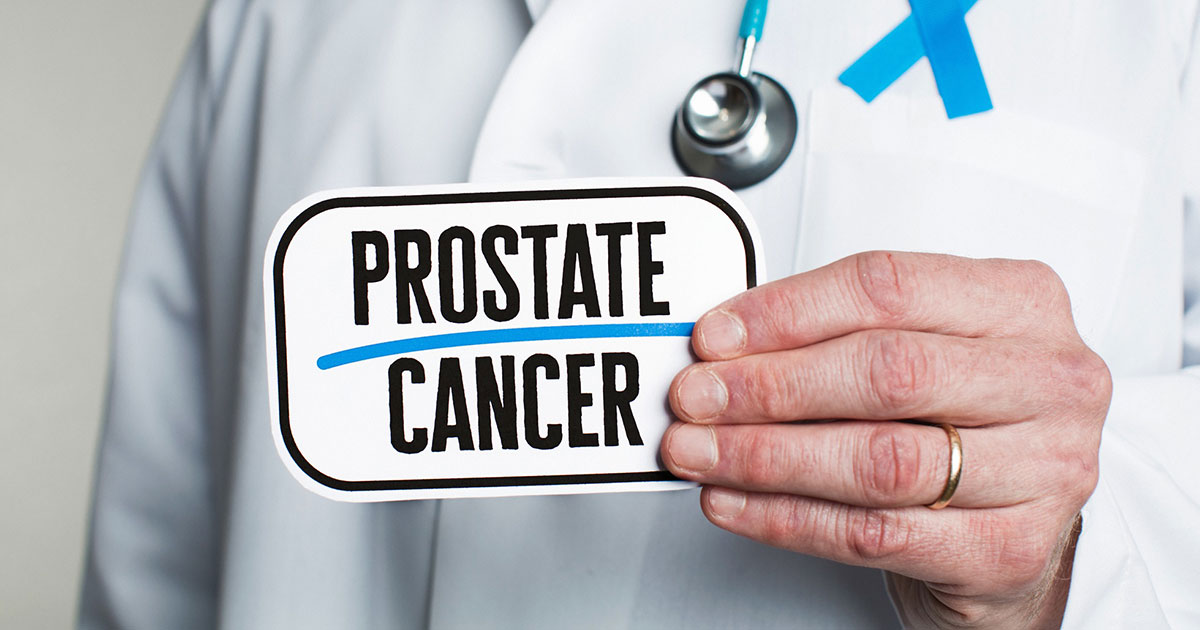Prostate cancer surgery can alter many aspects of daily life. Intimacy often changes after the procedure, which can feel unsettling. Many people report challenges with physical closeness and emotional connection. Despite these changes, intimacy remains possible in new and meaningful ways.
The physical changes from surgery may seem unexpected. Some people experience erectile dysfunction, lower sex drive, or dry orgasms. These symptoms may vary depending on surgical technique and individual health. Psychological effects such as anxiety or self-doubt can also emerge.
Medical Treatments That Support Intimacy after Prostate Cancer
Modern medicine offers a range of options that may improve physical connection. A urologist or sexual health expert can guide you through these possibilities. Oral medications like sildenafil or tadalafil can help restore erectile function. When pills do not work, injections can often help.
In some cases, penile implants provide a longer-term solution. These devices allow for erections with mechanical assistance. Vacuum erection devices are another option, using suction to increase blood flow. Many people also benefit from pelvic floor exercises to strengthen related muscles.
Redefining Intimacy Without Intercourse
Physical closeness does not always require sex. Many couples find connection through other forms of touch. Hugging, kissing, and cuddling can still offer comfort and build emotional closeness.
Open and honest conversations also play a major role. Sharing feelings with your partner helps build trust and ease fears. Sensate focus exercises can further reduce stress and improve connection. These activities invite partners to explore touch in a relaxed and supportive way.
Emotional Support During Recovery
Emotional healing plays a key role in recovery from prostate cancer surgery and deserves equal attention as physical healing. Many people experience sadness, worry, or frustration after prostate cancer treatment, which can feel isolating without proper support. These emotions are natural reactions to such a significant life change and deserve honest recognition rather than avoidance. Support groups create a safe space for sharing stories, gaining insight, and connecting with others who face similar prostate cancer challenges.
Talking with a trained therapist can help address emotional struggles that may impact confidence and intimacy after prostate cancer surgery. Therapy offers a safe environment for discussing feelings of shame, guilt, or confusion that often arise. Involving your partner in this healing process builds a stronger connection and encourages shared understanding. Facing the prostate cancer journey together helps both partners feel supported and committed to healing as a team.
Take the First Step Toward Renewed Intimacy
Healing after surgery takes time, and progress may feel slow or unpredictable in the early stages of recovery. Small wins, like feeling more confident or enjoying affectionate touch, can offer steady motivation. Patience and realistic expectations allow both partners to focus on growth without pressure. With shared effort and understanding, many couples discover new and meaningful ways to stay emotionally and physically connected.
Your healthcare provider can help guide the next steps if you’re unsure how to move forward. Starting that conversation allows you to voice concerns, explore treatments, and learn about available resources. Taking initiative shows that you value your emotional health as much as your physical well-being. Intimacy may change, but through honesty and openness, it can return in new and rewarding forms.

